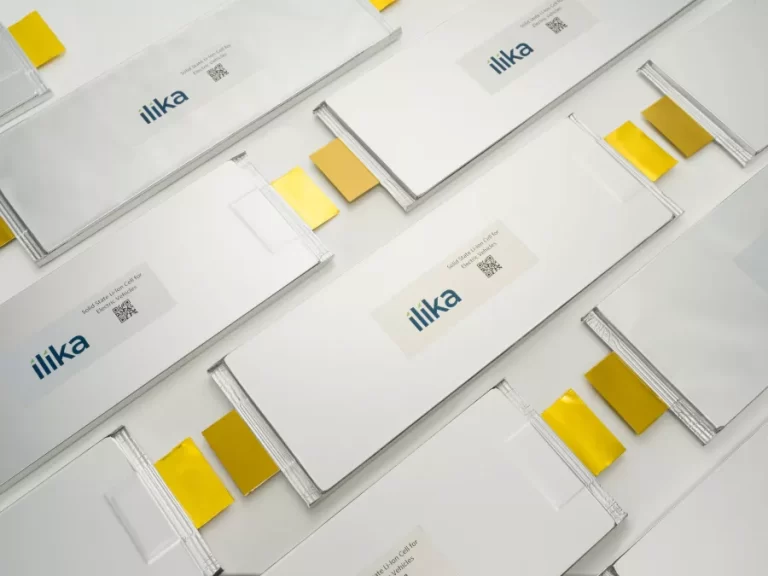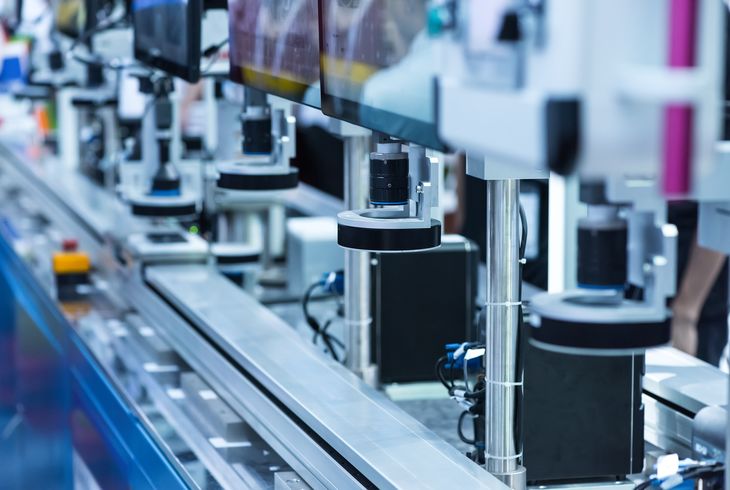Ilika (LON: IKA), a pioneer in solid-state battery technology, announced this morning that it has opened its new large format battery facility (Goliath Pre-Pilot Line), for the development and initial production of solid-state batteries in Hampshire, UK.
The objective of Ilika’s Goliath programme is to develop large format solid-state batteries for electric vehicles. Ilika has established this new facility to support its Goliath programme, which underpins its portfolio of industrial collaboration programmes. These industrial collaborations include the recently announced Granite programme, led by Jaguar Land Rover as well as the MoSESS and PowerDrive Line projects, which started earlier with collaboration partners including Honda and Ricardo. Full details of these programmes and the partners can be found from announcements made on 10 September 2019 (Granite), 29 January 2019 (MoSESS) and 8 October 2018 (PowerDrive Line).
The new facilities are being partially funded from the £5m funding granted to Ilika through the Faraday Battery Challenge, which is part of the Industrial Strategy Challenge Fund delivered by UK Research & Innovation.
The new building has a ca. 750m2 footprint, including over 600 m2 of battery development laboratories and production equipment. Two dry rooms, installed to ISO 7 standard, ensure high level particle filtration and near zero humidity for handling moisture sensitive materials. The labs include state-of-the-art equipment for the characterisation of source materials, the preparation of solid-state batteries and the testing of produced cells. The GPPL is a pre-pilot line to accelerate the scale up and transfer of the solid-state battery technology to pilot production level.
Ilika plc CEO, Graeme Purdy, said:
“Ilika has a reputation for being able to respond to commercial opportunities in a rapid, agile manner. This facility has been designed, built and commissioned from a standing start in Q4 last year. The GPPL will support Ilika to further develop and scale-up its solid state technology for electric vehicles and give the UK its first footprint for the development of a technology expected to significantly disrupt the automotive industry.”









































